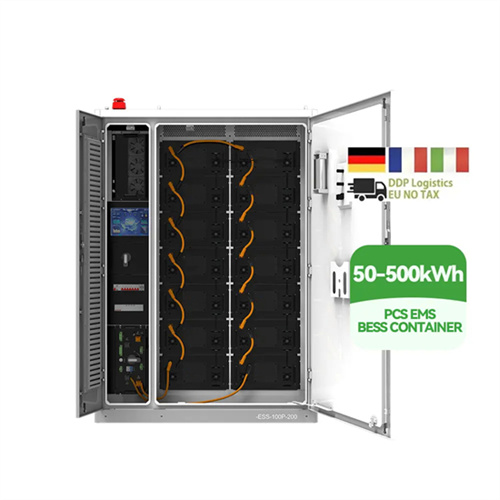About Li ion battery technology
A lithium-ion or Li-ion battery is a type of rechargeable battery that uses the reversible intercalation of Liions into electronically conducting solids to store energy.In comparison with other commercial rechargeable batteries, Li-ion batteries are characterized by higher specific energy, higher energy density, higher energy efficiency, a longer cycle life, and.
Research on rechargeable Li-ion batteries dates to the 1960s; one of the earliest examples is a CuF2/Li.
Generally, the negative electrode of a conventional lithium-ion cell ismade from . The positive electrode is typically a metalor phosphate. Theis a in an.The negat.
Lithium-ion batteries may have multiple levels of structure. Small batteries consist of a single battery cell. Larger batteries connect cells in parallel into a module and connect modules in series and parallel into a pack. Mul.
Lithium ion batteries are used in a multitude of applications from , toys, power tools and electric vehicles.More niche uses include backup power in telecommunications applications. Lithium-ion batterie.
Because lithium-ion batteries can have a variety of positive and negative electrode materials, the energy density and voltage vary accordingly. Theis higher than in.
The lifespan of a lithium-ion battery is typically defined as the number of full charge-discharge cycles to reach a failure threshold in terms of capacity loss or impedance rise. Manufacturers' datasheet typically us.
The problem of lithium-ion battery safety has been recognized even before these batteries were first commercially released in 1991. The two main reasons for lithium-ion battery fires and explosions are related to processe.
As the photovoltaic (PV) industry continues to evolve, advancements in Li ion battery technology have become critical to optimizing the utilization of renewable energy sources. From innovative battery technologies to intelligent energy management systems, these solutions are transforming the way we store and distribute solar-generated electricity.
When you're looking for the latest and most efficient Li ion battery technology for your PV project, our website offers a comprehensive selection of cutting-edge products designed to meet your specific requirements. Whether you're a renewable energy developer, utility company, or commercial enterprise looking to reduce your carbon footprint, we have the solutions to help you harness the full potential of solar energy.
By interacting with our online customer service, you'll gain a deep understanding of the various Li ion battery technology featured in our extensive catalog, such as high-efficiency storage batteries and intelligent energy management systems, and how they work together to provide a stable and reliable power supply for your PV projects.
Related Contents
- Li ion nmc battery
- Best li ion battery charger
- Li ion automotive battery
- Li ion battery supplier
- 4s 30a 14 8 v li ion lithium 18650 battery bms
- Ion li battery
- Li 92b lithium ion battery
- Li 42b lithium ion battery
- Lithium li ion battery tester
- New li ion battery
- Li ion battery diagram
- Skil sb18b li 18v lithium ion battery


